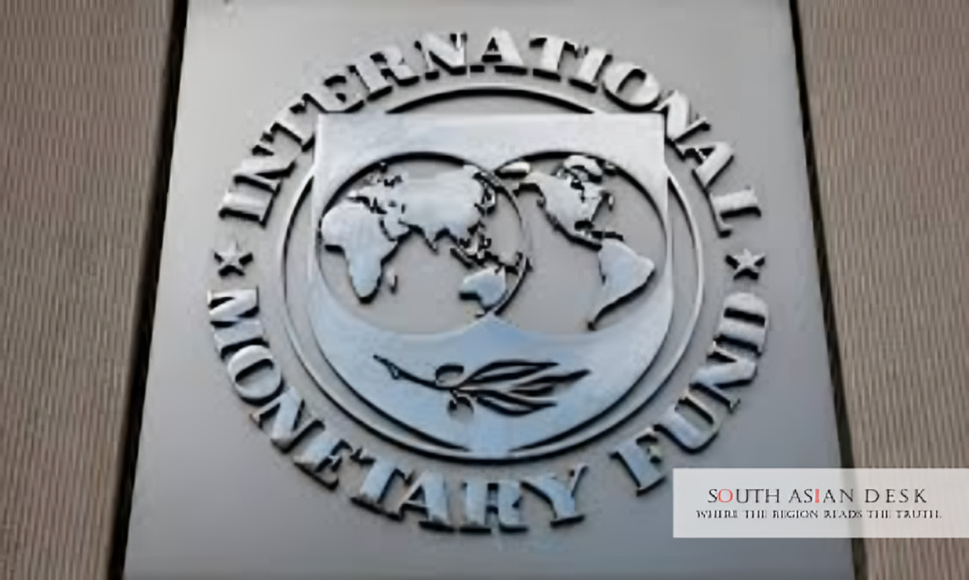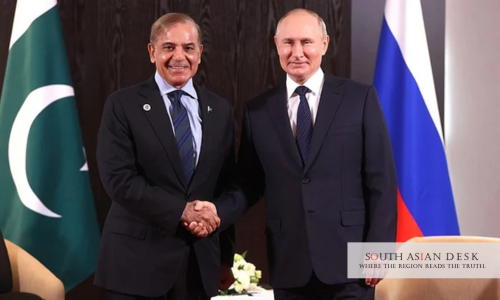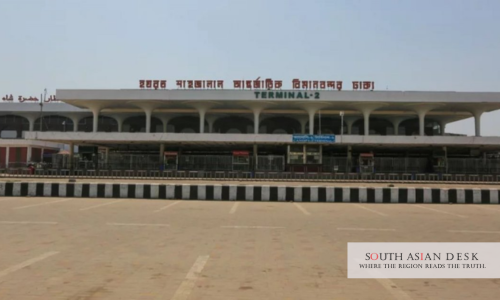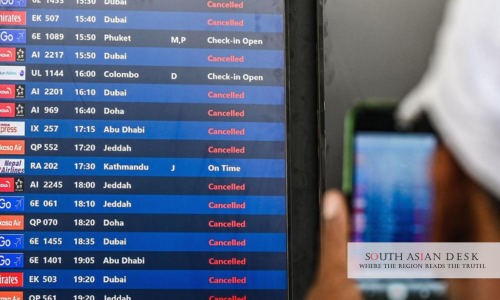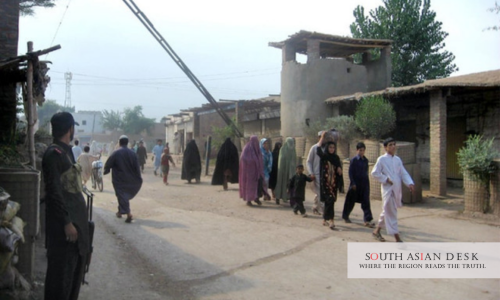The International Monetary Fund has capped Bangladesh’s foreign borrowing at $8.44 billion for the coming fiscal year, signalling heightened oversight in IMF Bangladesh negotiations amid escalating debt concerns.
The International Monetary Fund (IMF) introduced a strict borrowing ceiling during recent IMF Bangladesh negotiations, limiting Bangladesh’s external loans to $8.44 billion in the 2025–26 fiscal year to address a shift in the country’s debt risk profile to moderate.
This measure, part of an expanded $5.5 billion loan programme approved on Monday, June 23, 2025, in Washington, DC, aims to curb excessive reliance on foreign financing amid foreign exchange shortages and repayment pressures. The decision followed a joint Debt Sustainability Analysis (DSA) by the IMF and World Bank, with phased limits of $1.91 billion in the first quarter and $3.34 billion in the first half, monitored quarterly by the IMF. Bangladesh’s authorities, led by the Ministry of Finance, committed to these terms to restore macroeconomic stability.
Why it Matters
In South Asia, where nations like Bangladesh face intertwined challenges of climate vulnerability, export dependence, and global inflation, the IMF’s tightened grip through such conditions in IMF Bangladesh negotiations could set precedents for fiscal prudence across the region. By enforcing borrowing limits, the Fund seeks to prevent debt distress, fostering sustainable growth that benefits neighbouring economies reliant on regional trade and remittances.
IMF Tightens Grip on Debt Management
The borrowing ceiling marks a pivotal escalation in the IMF Bangladesh negotiations, introduced during the combined third and fourth reviews of Bangladesh’s Extended Credit Facility (ECF), Extended Fund Facility (EFF), and Resilience and Sustainability Facility (RSF). Initially approved in January 2023 for $4.7 billion, the programme was augmented to $5.5 billion in June 2025, unlocking immediate disbursements of $884 million under the ECF/EFF and $453 million under the RSF.
Programme performance has been deemed broadly satisfactory by the IMF, despite political turbulence and economic headwinds, including a difficult external environment. According to the IMF, the authorities have reaffirmed their dedication to key reforms, such as enhancing exchange rate flexibility and boosting tax revenues. Mr Nigel Clarke, IMF Deputy Managing Director and Acting Chair, stated: “Bangladesh’s economy continues to navigate multiple macroeconomic challenges. Despite a difficult environment, programme performance has remained broadly on track, and the authorities are committed to implementing necessary policy actions and reforms.”
This IMF tightens grip approach responds directly to the DSA’s findings, which downgraded Bangladesh’s debt risk from low to moderate for the fiscal years 2022–23 and 2023–24. External debt stock reached $112.15 billion by June 2025, with the debt-to-export ratio climbing to 162.7% in FY 2023–24, far exceeding projections of 116–118%. Foreign currency reserves stood at $26.39 billion per IMF estimates, or $31.27 billion according to Bangladesh Bank, highlighting the urgency of external resilience measures.
Recent Loan Approvals Under Scrutiny
In a sign of continued IMF Bangladesh negotiations, Bangladesh’s Standing Committee on Non-Concessional Loans (SCNCL) approved seven loan proposals totalling $1.47 billion on Tuesday, September 24, 2025. These include $649 million from the Asian Development Bank (ADB), $241.3 million from the Islamic Development Bank, $400 million from the Asian Infrastructure Investment Bank (AIIB), and €160 million from the European Investment Bank (EIB). Such approvals fall within the new ceiling but underscore the IMF’s quarterly monitoring to ensure alignment with fiscal consolidation goals.
Economists have welcomed the IMF tightens grip strategy as a safeguard against over-borrowing. Professor Mustafizur Rahman, a distinguished fellow at the Centre for Policy Dialogue (CPD), noted: “Foreign loans must be used with greater caution, as they carry risks. Projects should be carefully assessed and governance in loan utilisation must be ensured.” Similarly, Dr Zahid Hossain, former Lead Economist at the World Bank’s Dhaka office, observed: “The IMF was once optimistic about Bangladesh’s debt profile, citing low debt-to-GDP ratios. But the situation has changed. Foreign currency shortages and reserve constraints have made repayment increasingly difficult.”
Dr Selim Raihan, executive director of the South Asian Network on Economic Modeling (SANEM), added: “Alongside debt-to-GDP, revenue and export earnings have become critical. Since repayments must be made in dollars, excessive borrowing during a foreign exchange shortage could destabilise the entire economy.” These insights reflect broader concerns in IMF Bangladesh negotiations over revenue mobilisation, with the tax-to-GDP ratio targeted at 9.4% by FY 2025–26.
Remittances have provided some relief, reaching $2.2 billion between September 1 and 23, 2025, a 17.6% year on year increase and $7.06 billion from July 1 to September 23, up 18.2%. Finance Adviser Dr Salehuddin Ahmed remarked on Tuesday, September 23, 2025, after a cabinet committee meeting: “Bangladesh’s dollar reserves are still inadequate for emergencies.”
Background
Bangladesh’s engagement with the IMF dates back to the original $4.7 billion package in 2023, focused on preserving stability post-COVID-19 and amid the Russia-Ukraine conflict’s fallout. The June 2025 augmentation incorporated climate resilience via the RSF, the first such arrangement in Asia. Key structural reforms include subsidy rationalisation, public financial management enhancements, and financial sector safeguards to address vulnerabilities like non-performing loans.
The IMF tightens grip is evident in waived performance criteria for exchange restrictions, granted due to temporary non-observance and corrective actions. Near-term priorities encompass tight monetary policy, fiscal consolidation, and export diversification to attract foreign direct investment.
What’s Next in IMF Bangladesh Negotiations
As Bangladesh navigates these constraints, the focus shifts to the FY 2026 budget, expected to embed revenue-enhancing measures. Continued adherence to programme benchmarks could unlock further tranches, but any slippage risks heightened IMF oversight. Ultimately, successful IMF Bangladesh negotiations will hinge on balancing immediate fiscal discipline with long-term inclusive growth, ensuring the borrowing ceiling fosters rather than hampers recovery.
Published in SouthAsianDesk, September 28th, 2025
Follow SouthAsianDesk on X, Instagram, and Facebook for insights on business and current affairs from across South Asia.


